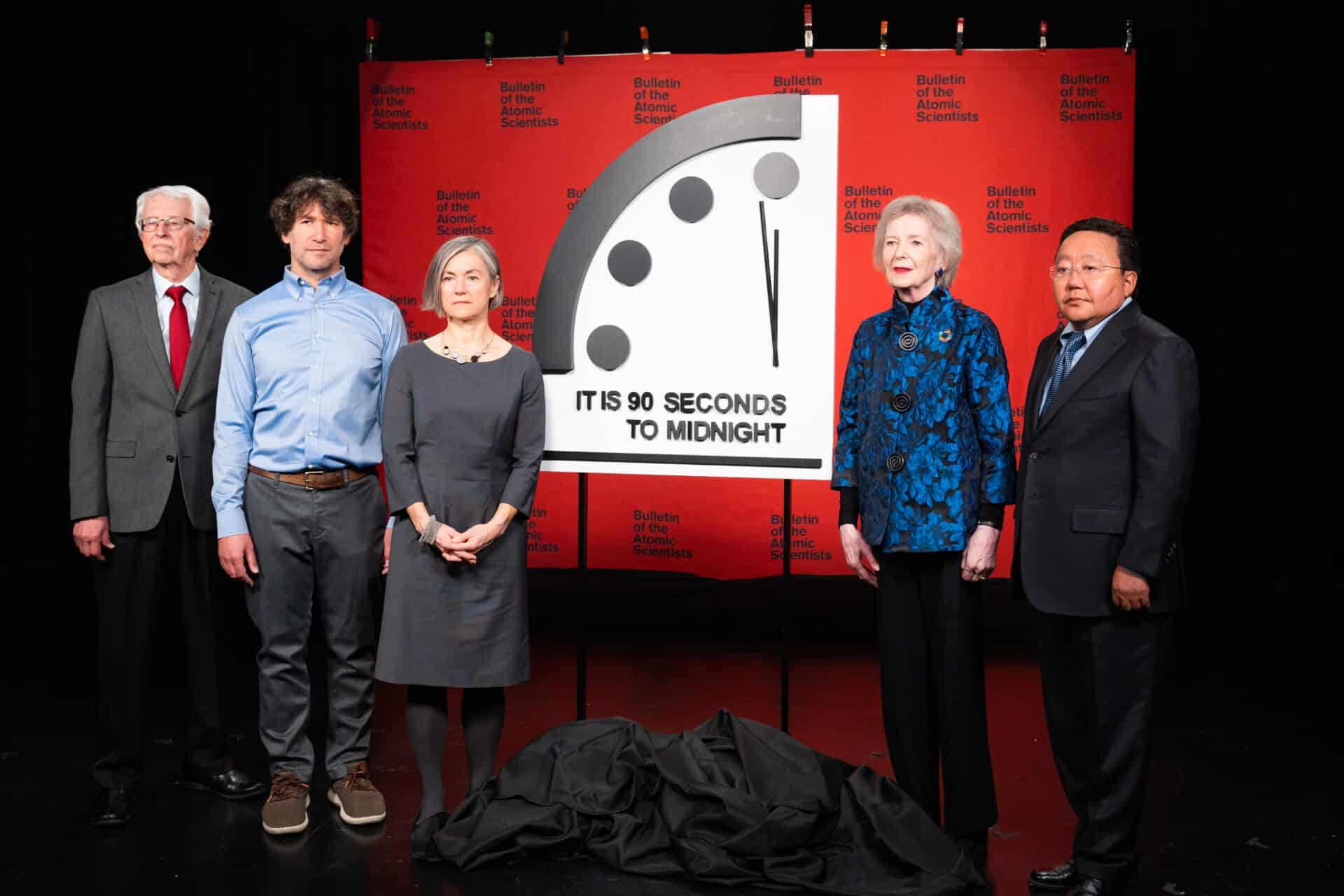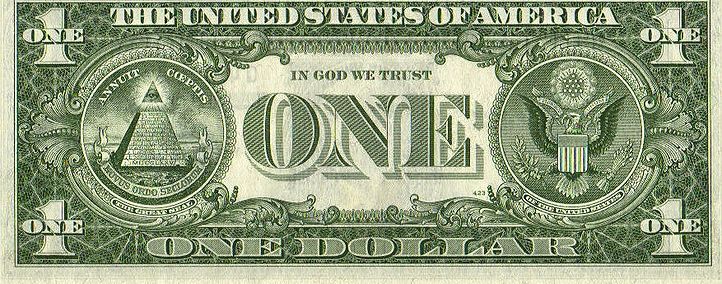Let me begin with a disclaimer.
I do not claim to have the truth, the whole truth, and nothing but the truth.
I do claim to want to know the truth, and therefore rejecting the religious and social dogma dished out in my upbringing I investigated other options, and have changed many beliefs as additional or contradictory facts forced me to revise, not only my old beliefs, but even my revised beliefs, over the course of my study.
Don’t panic. This blog book is not an evangelical attempt to convert you to Christianity.
Absolutely not.
I grew up attending a Baptist church every Sunday for Sunday School where I memorized the books of the Bible and all the key verses, morning and evening church services where I was indoctrinated into the key beliefs, every Wednesday night for prayer meeting where I took part in the key practice of begging God for what we wanted. The longer I was in church the more I experienced the hypocrisy, outright lies and gross exploitation by narcissistic antisocial leaders of gullible believers.
After tossing out the whole package then realizing I really needed a higher power beyond my limitations in my life, I started to study just what God said. Not the religious leaders. Just God.
And I learned that the Bible conveys the most fascinating account of human history, full of the drama of the human condition – war and peace, despair and hope, agony and ecstasy, love and hate, life and death.
This blog investigates, by comparing and contrasting with other religious, scientific and philosophical sources, the revelation of a Creator-Sustainer God as given from the beginning of time “to infinity and beyond!”
Continue reading “Foreword: Scientific Research Methodology”









